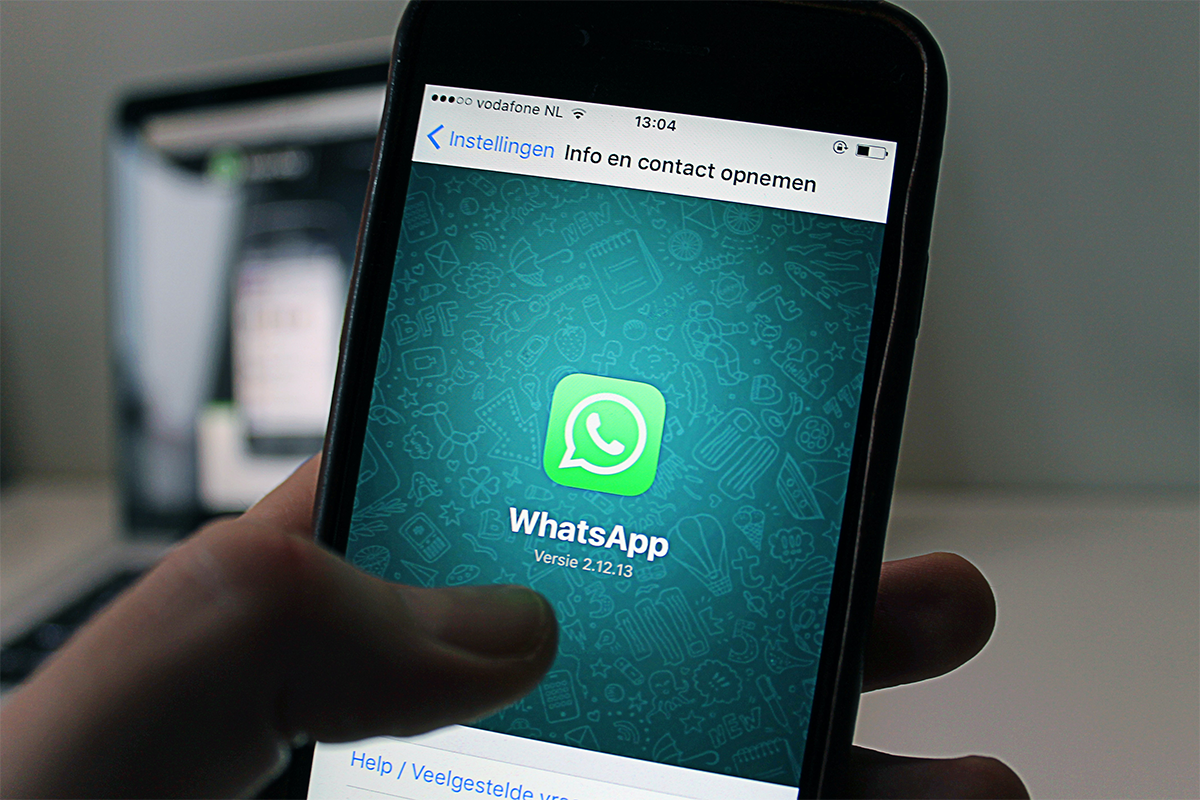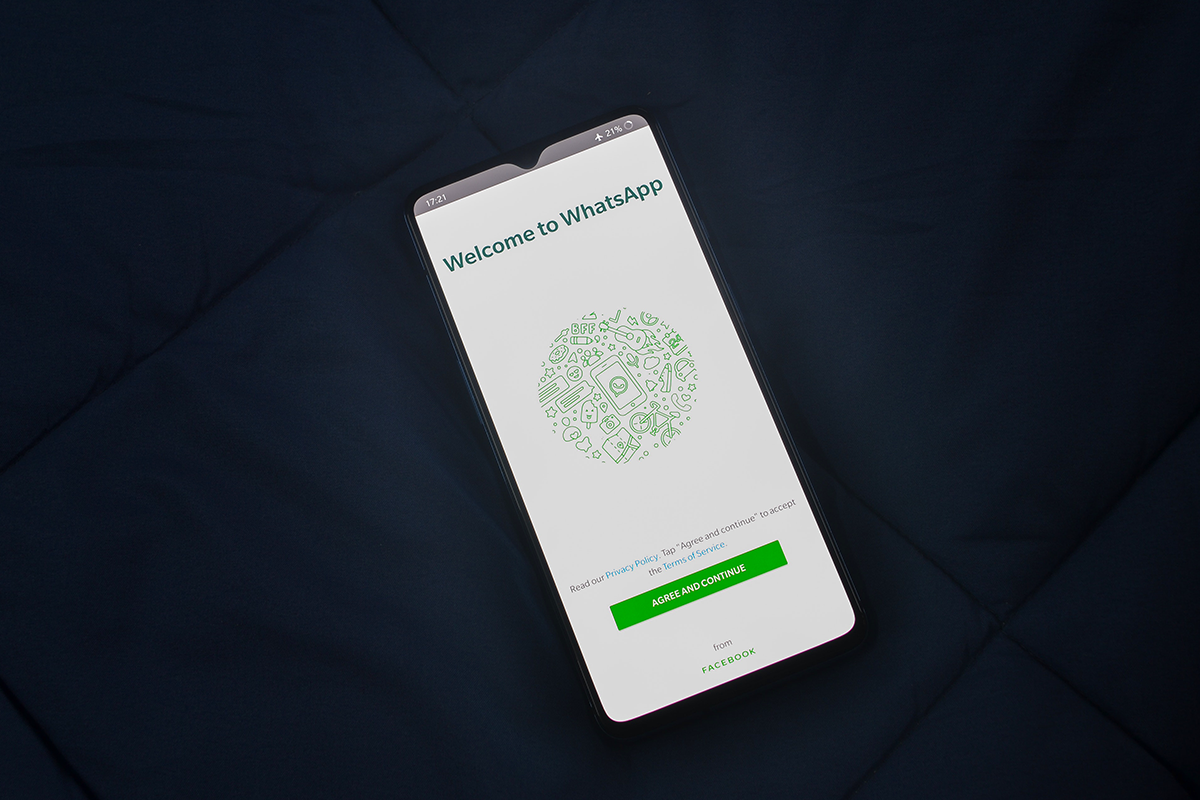
In the ever-evolving landscape of digital communication, WhatsApp Channels A Game Changer has established itself as one of the most popular messaging platforms globally. With over 2 billion users as of my last knowledge update in September 2021, it has become an integral part of daily life for many. WhatsApp has undergone significant transformations over the years, from a simple text messaging app to a multifaceted platform that now includes WhatsApp Channels, a revolutionary feature that has the potential to redefine how businesses and individuals communicate and market their products and services.
WhatsApp’s Evolution
Before diving into WhatsApp Channels, it’s essential to understand the platform’s journey. WhatsApp was founded in 2009 by Brian Acton and Jan Koum, two former employees of Yahoo. Initially, it gained popularity as a secure and convenient means of text messaging, allowing users to communicate with friends and family in real-time without incurring SMS charges. Over time, it added voice calls and video calls, further expanding its capabilities.
In 2014, Facebook acquired WhatsApp for a staggering $19 billion, making it one of the largest tech acquisitions in history. This partnership brought both opportunities and challenges. While the integration with Facebook raised concerns about data privacy, it also allowed WhatsApp to tap into a vast user base and explore new avenues of growth, including business communication and marketing.
The Birth of WhatsApp Channels
WhatsApp Channels A Game Changer, introduced in late 2018, is a part of the WhatsApp Business API. These channels are a way for businesses to interact with their customers on a more personal level, offering a direct and convenient communication channel. Unlike standard WhatsApp accounts, WhatsApp Channels are designed to streamline communication and provide enhanced features for businesses.
WhatsApp Channels operate in two distinct formats:
- One-Way Communication: Businesses can use WhatsApp Channels for sending transactional messages like order confirmations, appointment reminders, and notifications. These messages are primarily one-way, ensuring that businesses can relay important information to their customers efficiently.
- Two-Way Communication: In this mode, businesses can engage in real-time conversations with their customers. It allows for a more interactive and personalized approach to customer service, enabling quick responses to inquiries and addressing concerns promptly.

Benefits of WhatsApp Channels
The introduction of WhatsApp Channels has brought about a multitude of benefits for both businesses and customers. Here are some of the key advantages:
- Instant Customer Engagement: WhatsApp Channels provide businesses with the ability to engage with their customers instantly. This speed is particularly valuable for addressing customer inquiries, resolving issues, and providing real-time support.
- Personalized Interaction: Two-way communication through WhatsApp Channels enables a more personalized customer experience. WhatsApp Channels A Game Changer Businesses can tailor their responses to individual customer needs, building stronger relationships.
- Cost-Effective: WhatsApp Channels are more cost-effective than traditional methods of communication like phone calls or SMS. Businesses can reach a large customer base without incurring significant expenses.
- Global Reach: WhatsApp’s vast global user base means that businesses can connect with customers around the world, breaking down geographical barriers.
- Message Automation: Businesses can automate messages for various purposes, such as sending out order confirmations, shipping notifications, and appointment reminders. This automation streamlines operations and ensures customers receive important updates.
- Improved Customer Service: With WhatsApp Channels, businesses can provide better customer service, addressing queries and concerns in a more efficient and convenient manner. This leads to increased customer satisfaction and loyalty.
- Marketing Opportunities: WhatsApp Channels also offer significant marketing potential. Businesses can use the platform for promotional purposes, sharing product updates, special offers, and other marketing content.
Use Cases for WhatsApp Channels
WhatsApp Channels have found applications in a wide range of industries and use cases. Here are some examples of how businesses are leveraging this technology:
- E-commerce: Online retailers use WhatsApp Channels to send order confirmations, shipping updates, and provide customer support. It’s a valuable tool for enhancing the customer shopping experience.
- Healthcare: Healthcare providers and clinics use WhatsApp Channels for appointment reminders, prescription updates, and telemedicine consultations.
- Hospitality: Hotels and resorts employ WhatsApp Channels for booking confirmations, check-in instructions, and responding to guest inquiries.
- Banking and Finance: Financial institutions use WhatsApp Channels to send transaction alerts, account updates, and provide support for banking services.
- Customer Support: Many companies use WhatsApp Channels as a dedicated customer support channel, offering real-time assistance to customers.
- Marketing and Promotion: Businesses utilize WhatsApp Channels to share marketing content, product launches, and promotional offers, directly targeting interested customers.
Challenges and Concerns
While WhatsApp Channels A Game Changer offer numerous benefits, there are also challenges and concerns associated with its usage:
- Privacy Concerns: WhatsApp has faced criticism and controversies related to privacy, data sharing, and end-to-end encryption. These concerns have led some users to seek alternative messaging platforms.
- Regulatory Compliance: Businesses must adhere to various local and international regulations when using WhatsApp Channels, which can be complex and time-consuming.
- Automation Balance: While automation is a significant advantage, over-reliance on automated responses can lead to a loss of personal touch and potentially frustrate customers.
- Integration Complexity: Integrating WhatsApp Channels into existing business systems can be a technical challenge that requires expertise.
The Future of WhatsApp Channels
The evolution of WhatsApp Channels is ongoing, and its future holds immense potential. We can anticipate further integration with Facebook’s suite of tools, making it an even more powerful platform for businesses. Moreover, WhatsApp is continually working to address privacy concerns and strengthen its commitment to data security.
As businesses continue to embrace digital transformation, WhatsApp Channels will likely play a pivotal role in improving customer communication and driving growth. As technology advances, it may become an even more versatile tool, providing new avenues for customer engagement, marketing, and business operations.
In conclusion, WhatsApp Channels have revolutionized the way businesses communicate with their customers. By offering instant, personalized, and cost-effective communication, WhatsApp has become an indispensable tool for businesses across various industries. Despite challenges related to privacy and compliance, WhatsApp Channels are poised to shape the future of customer engagement and marketing in the digital age. As businesses and consumers continue to adopt this technology, it’s evident that WhatsApp Channels are here to stay and will play a significant role in shaping the future of communication and marketing.

